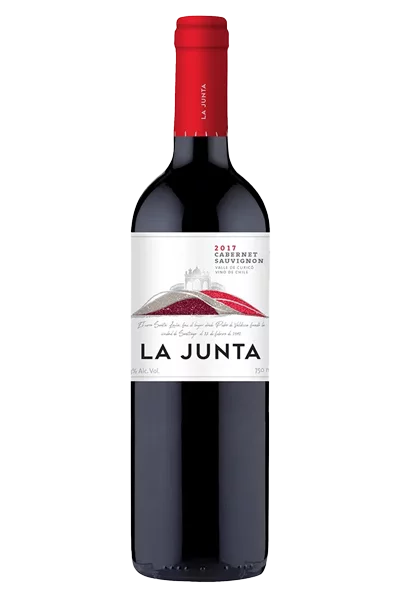
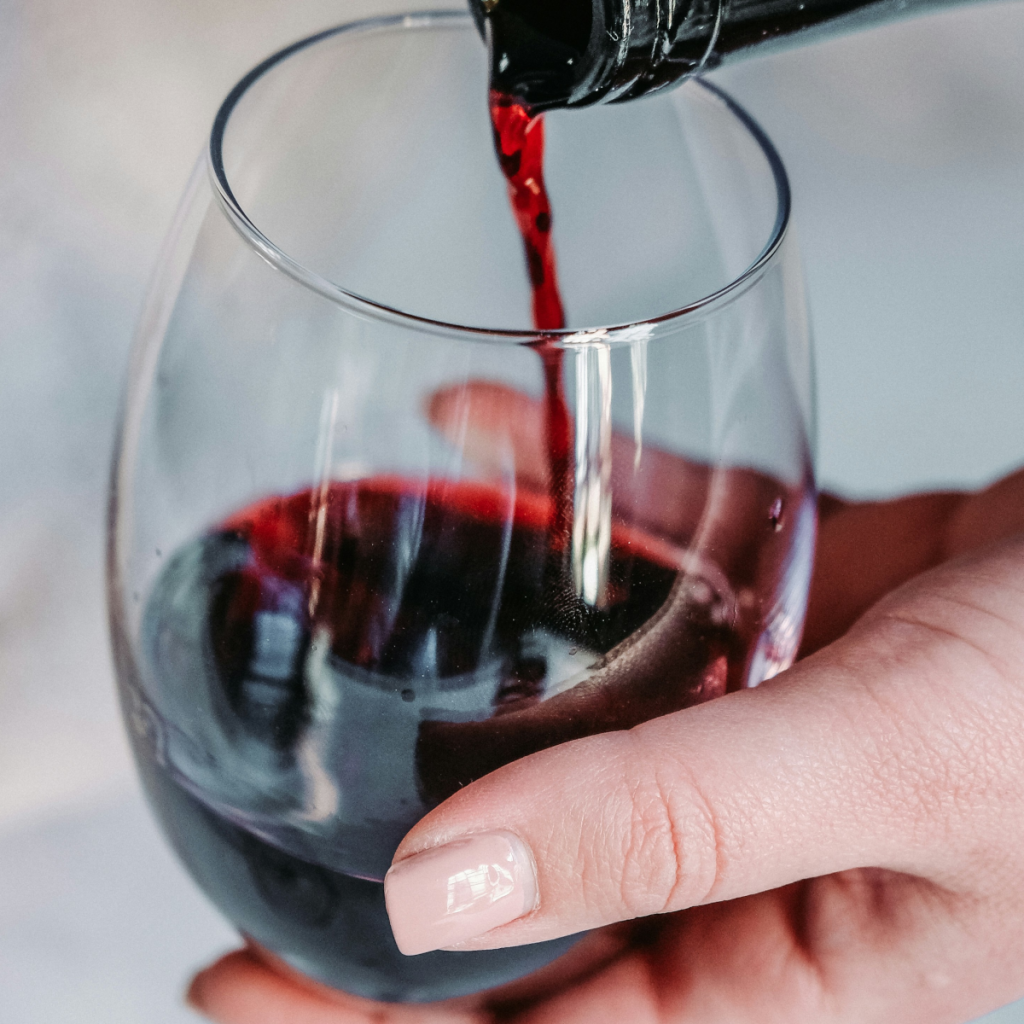
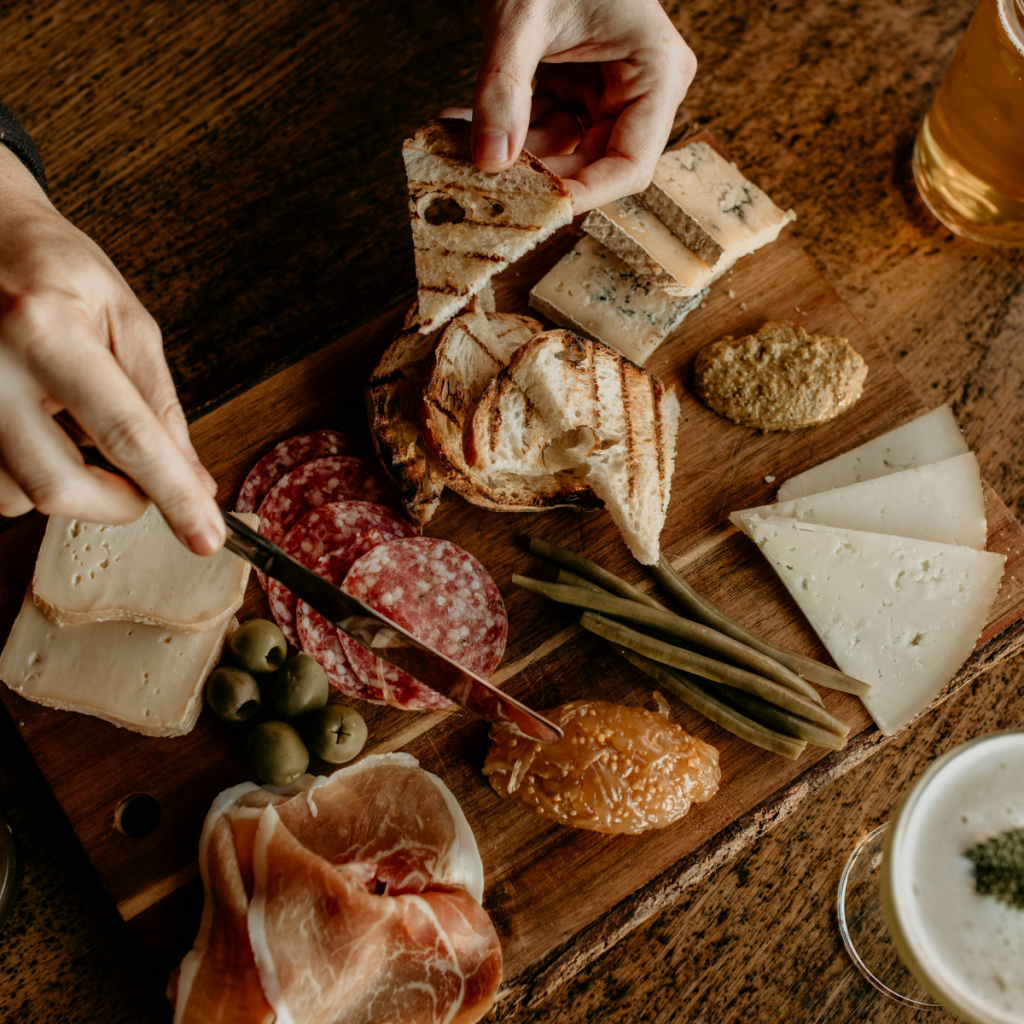
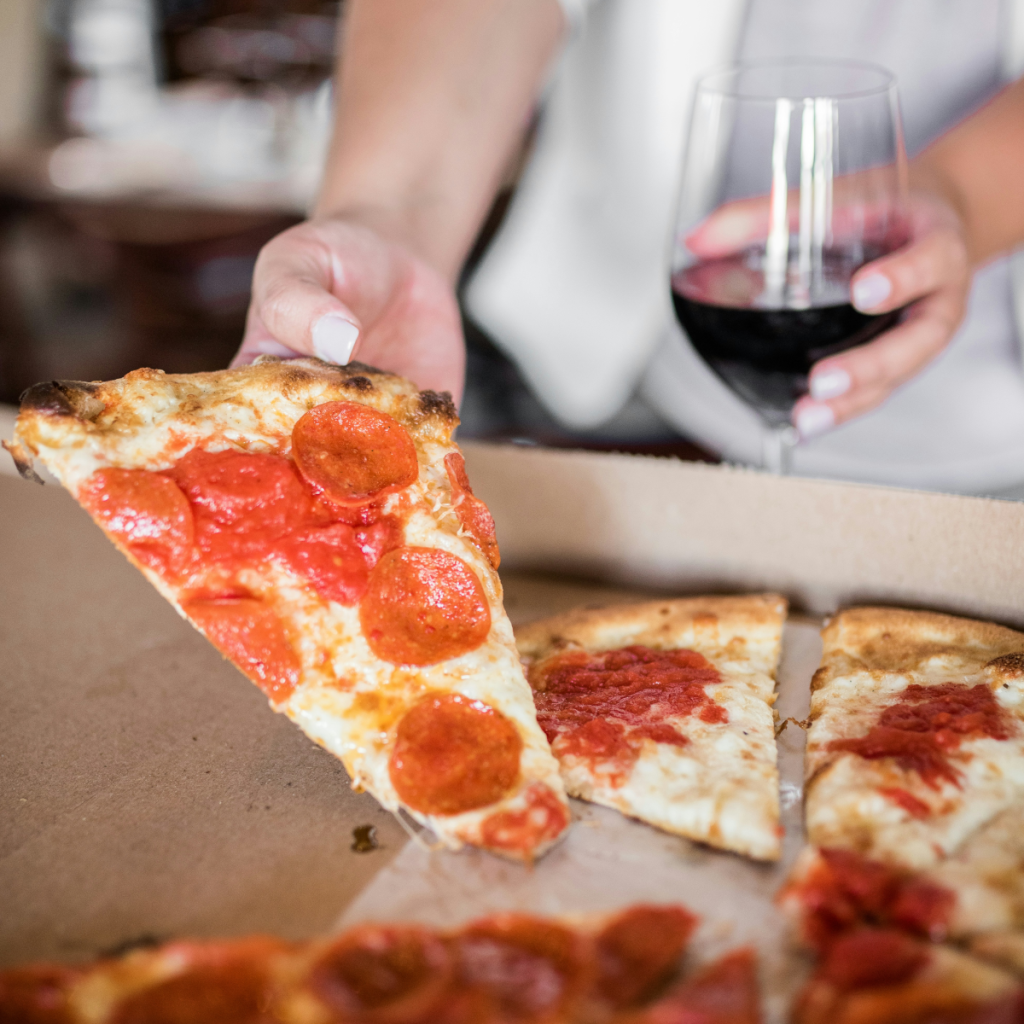
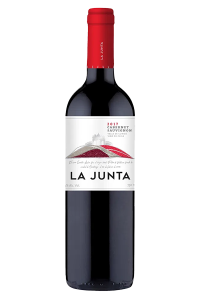
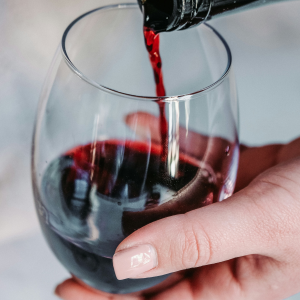
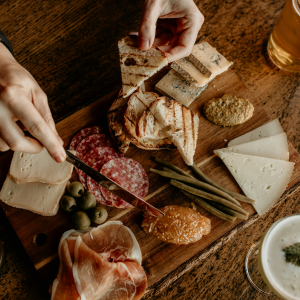
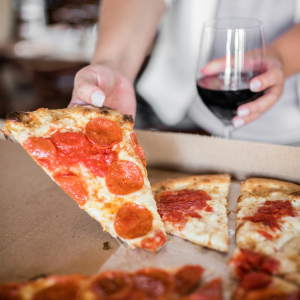
La Junta Cabernet Sauvignon (750ml)
-
Wine Type
Red Wine -
Size
750ml -
Vintage
2023 -
Country
Chile -
Region
Central Valley -
Sub-Region
Curicó Valley -
Grape
Cabernet Sauvignon -
Farming Method
ConventionalMost products with this label come from producers who do their best to avoid any intervention at all but it’s possible that some of the aforementioned preventative measures and additions are deemed necessary. -
ABV
13% -
Food Pairing
Cheddar CheeseBeefBurgers
Perfectly Paired Drinks for Every Meal.
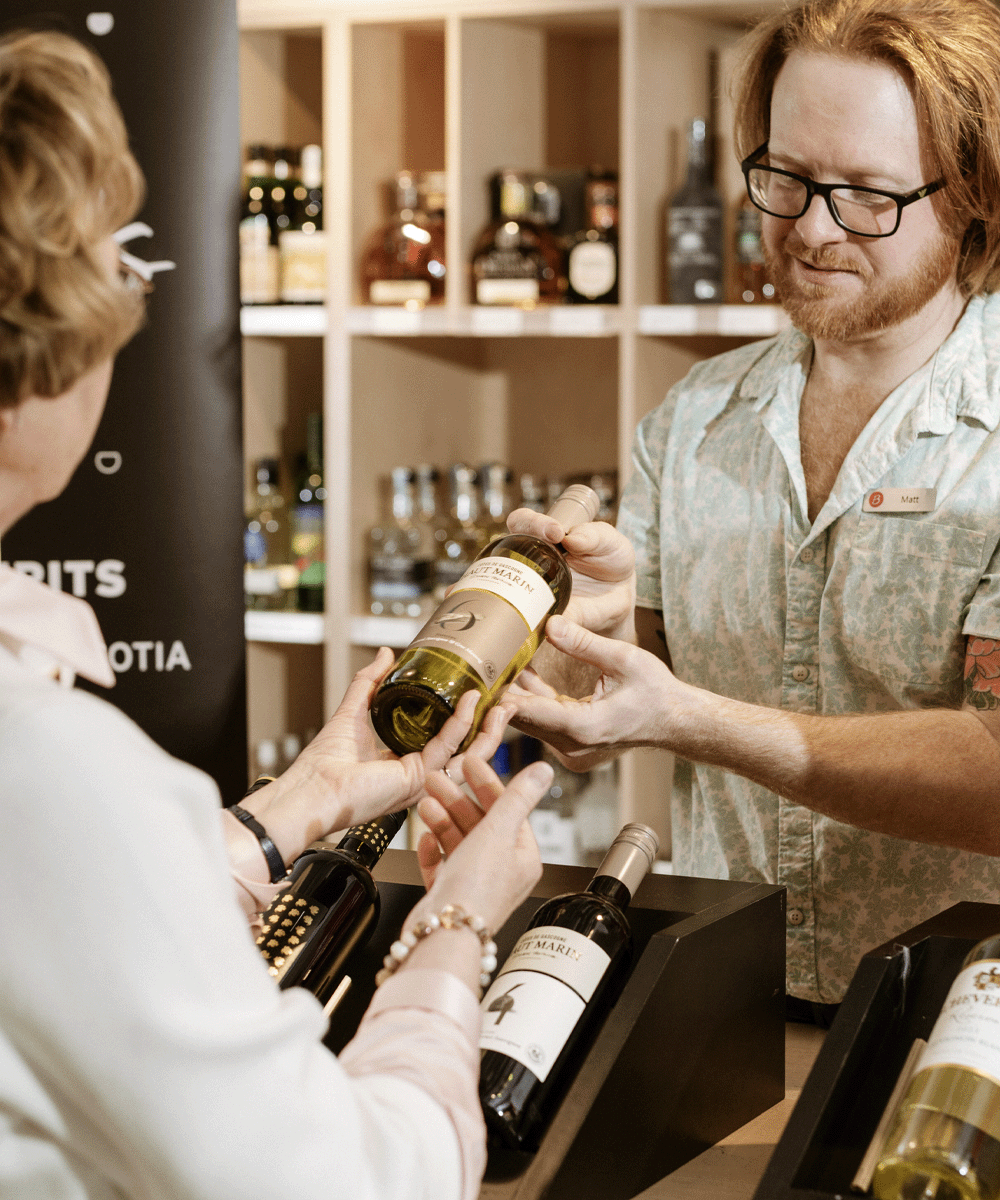
Top Sellers
We’ve learned is that regardless of whatever is in, these products are never out.
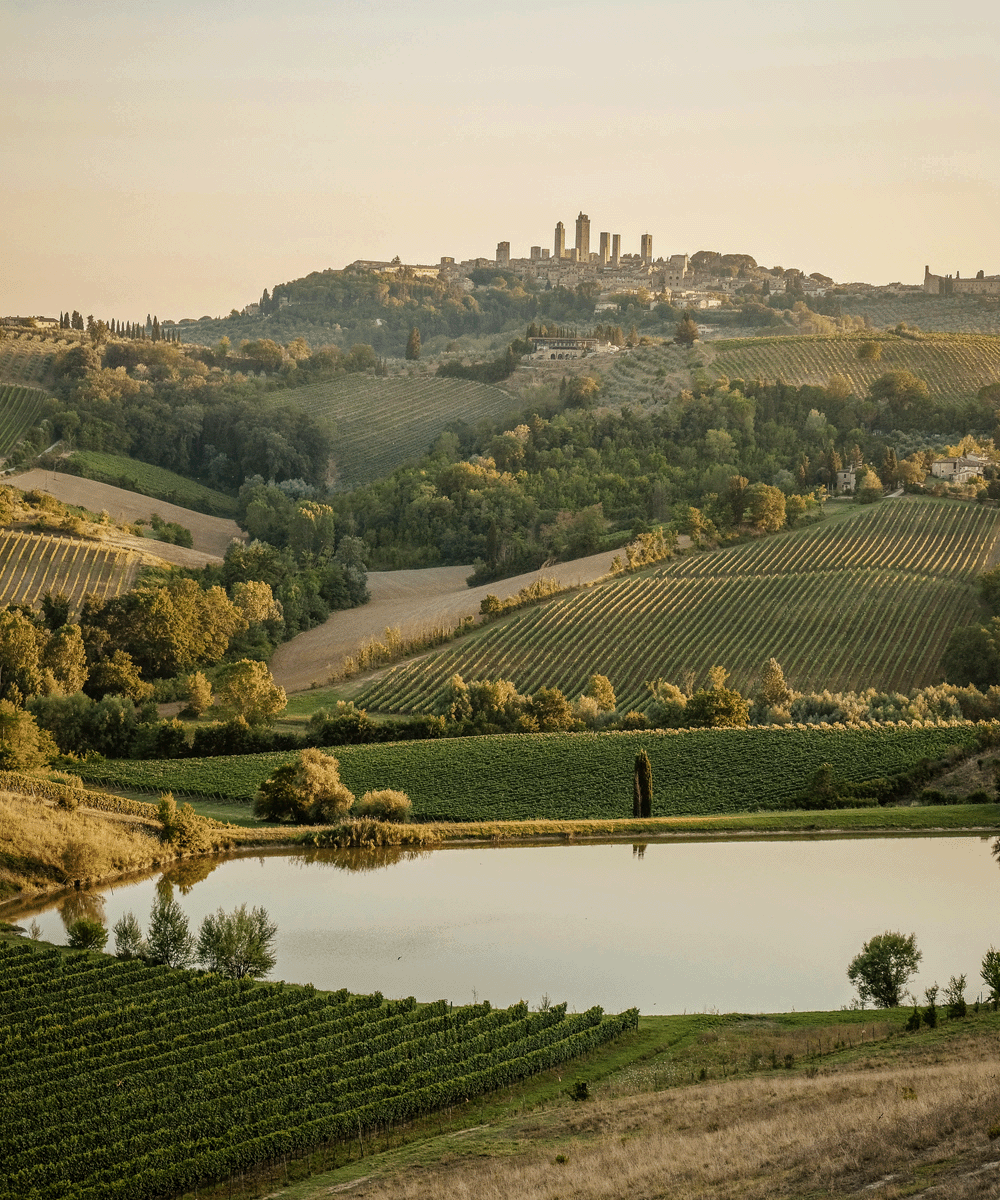
Vivere l’Italia
Between the rolling hills of Tuscany, the foggy valleys of Piedmont, and beautiful, sunny Veneto; there’s so much to uncover in Italy.
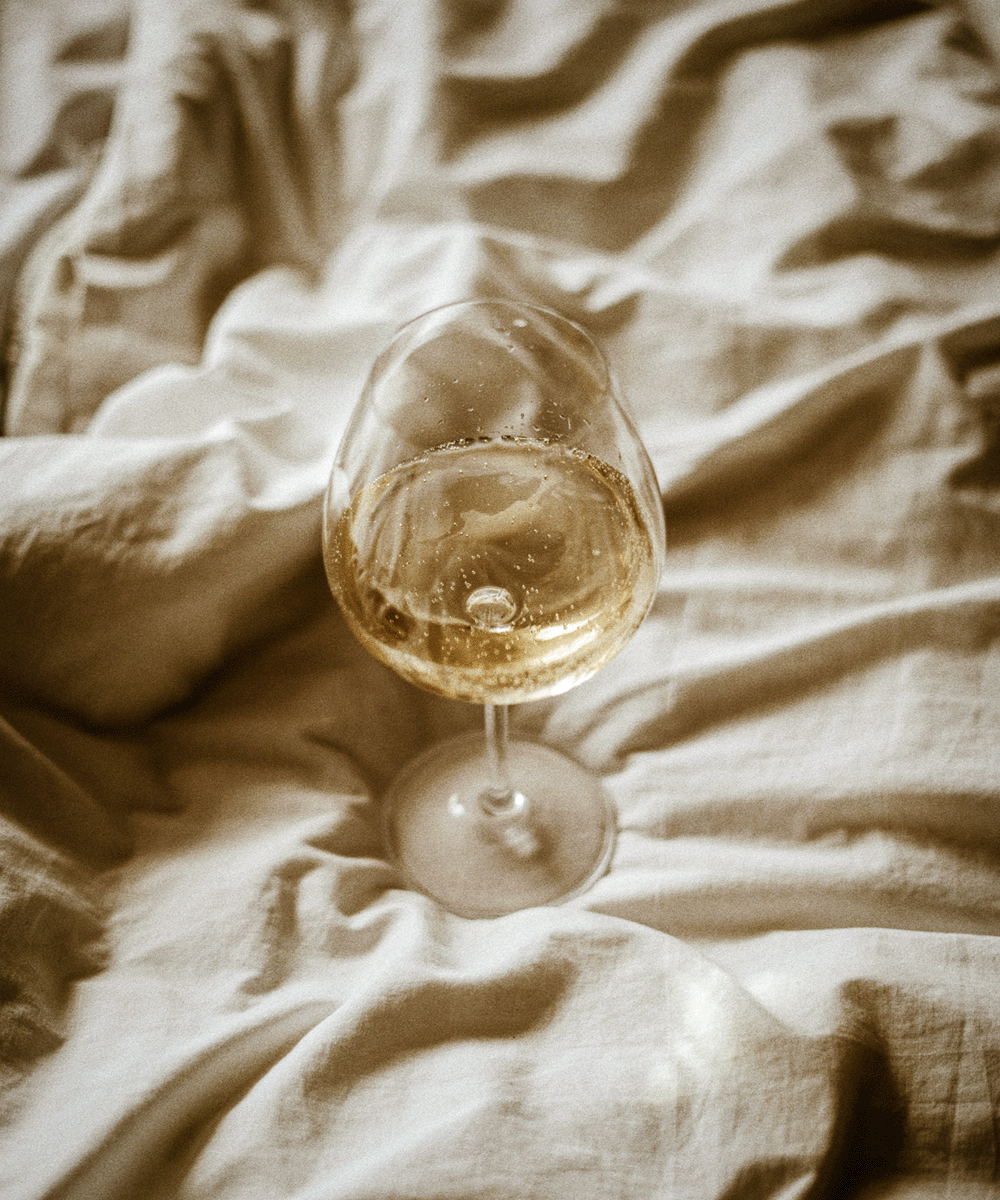
Sauvignon Blanc
One of the most popular grapes and for good reason; for New Zealand to France, browse everything in stock made from the zesty grape.

Andrew Trenholm
Nice wine. Great pairing with bbq fillet